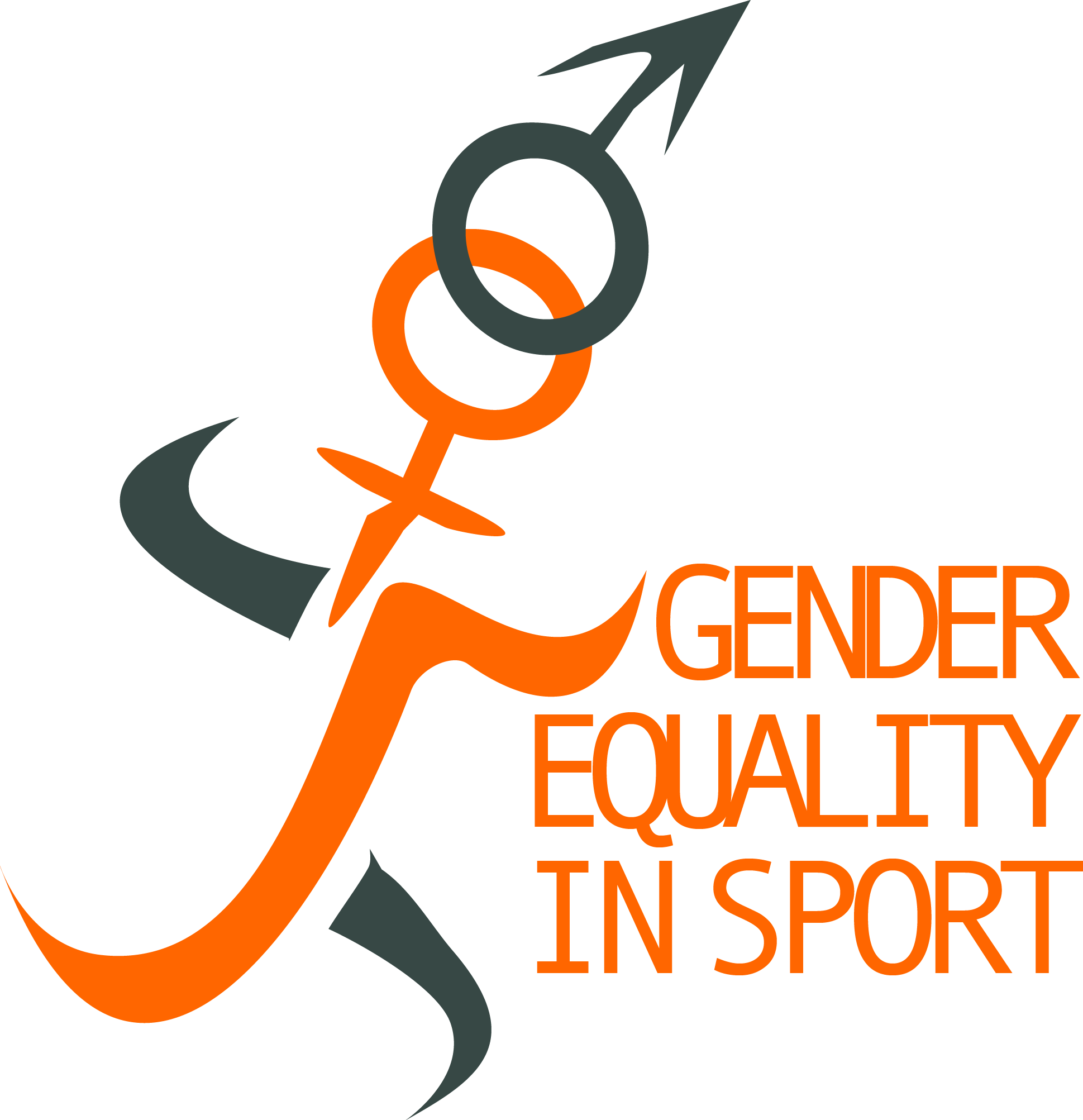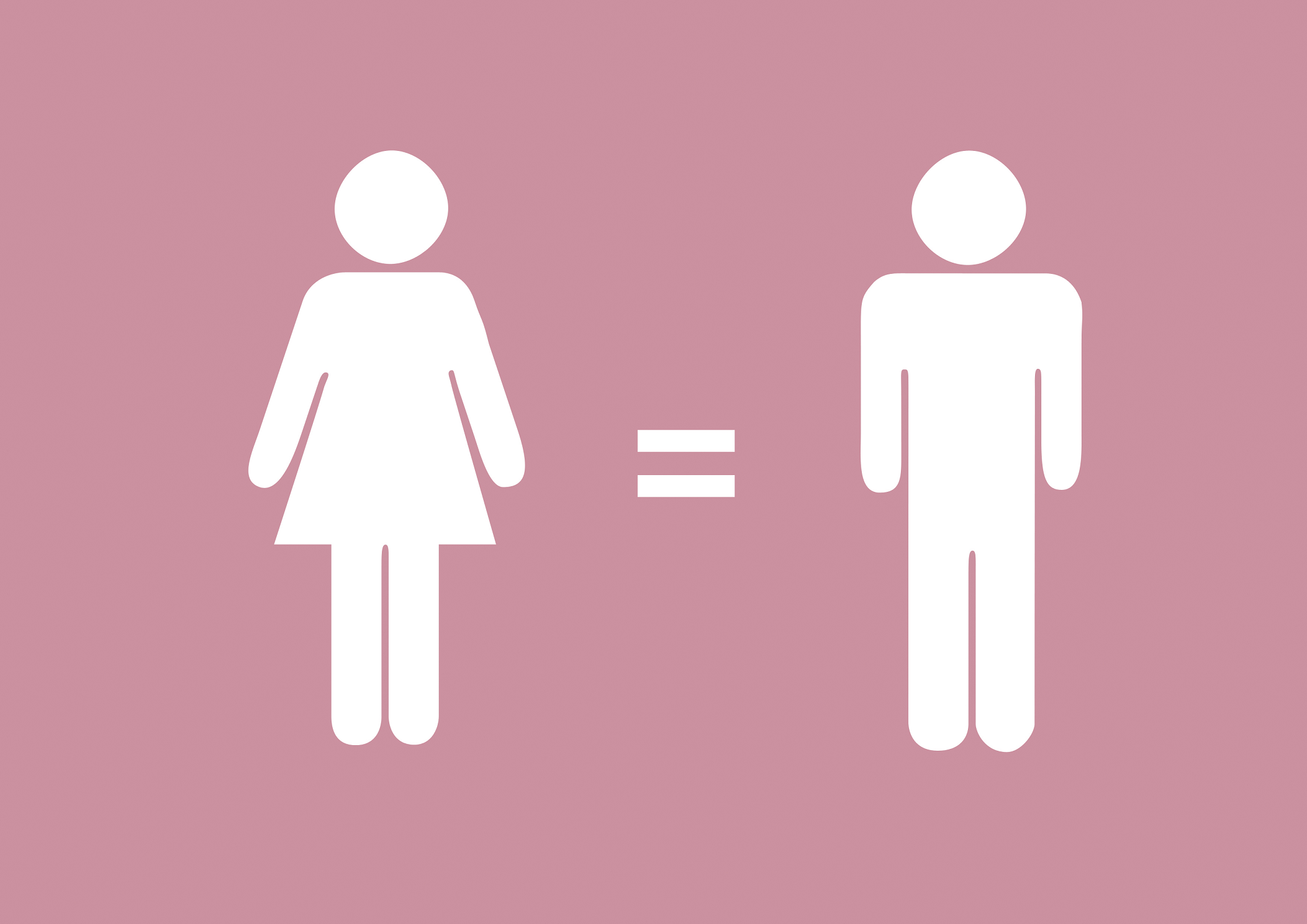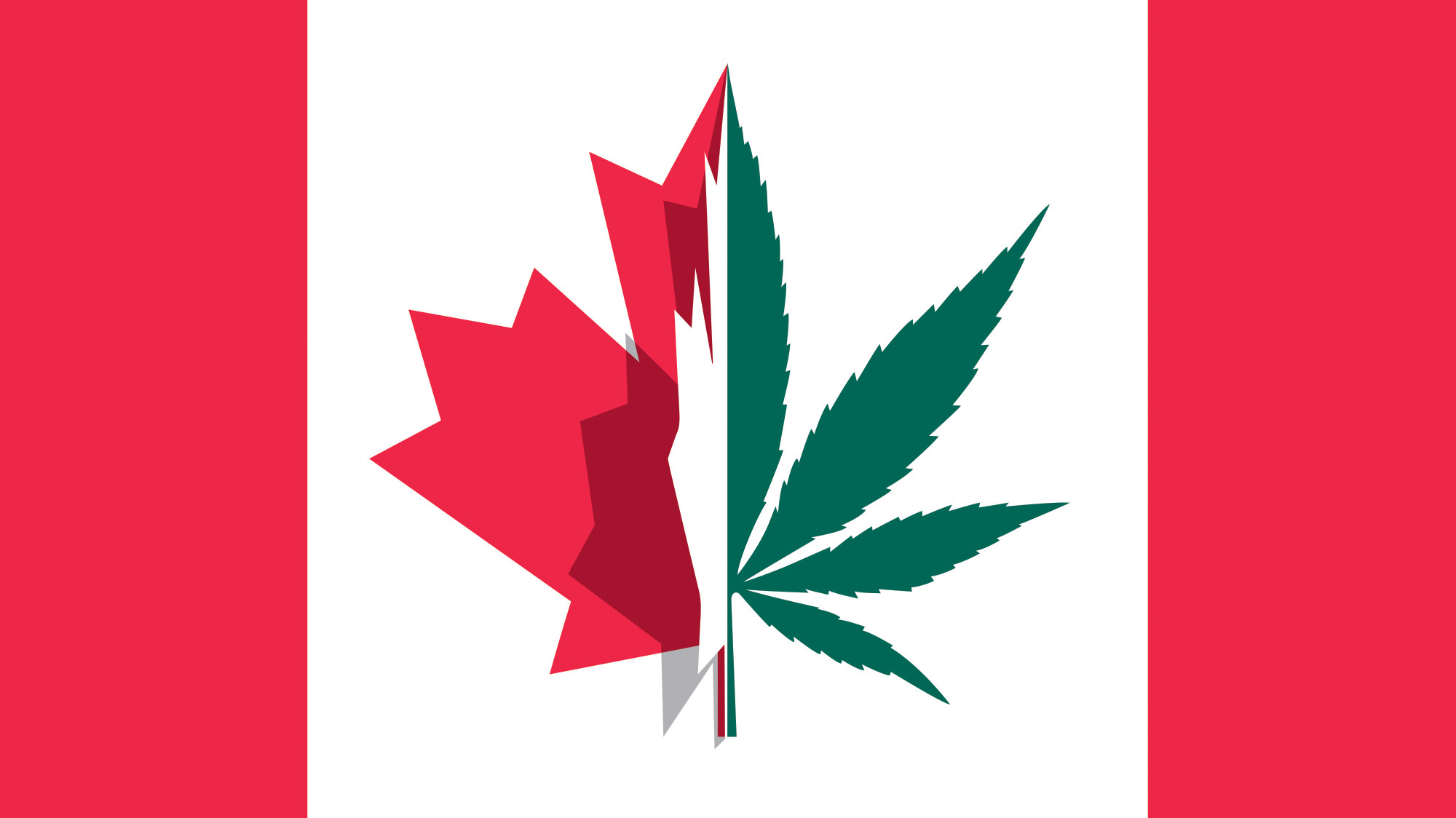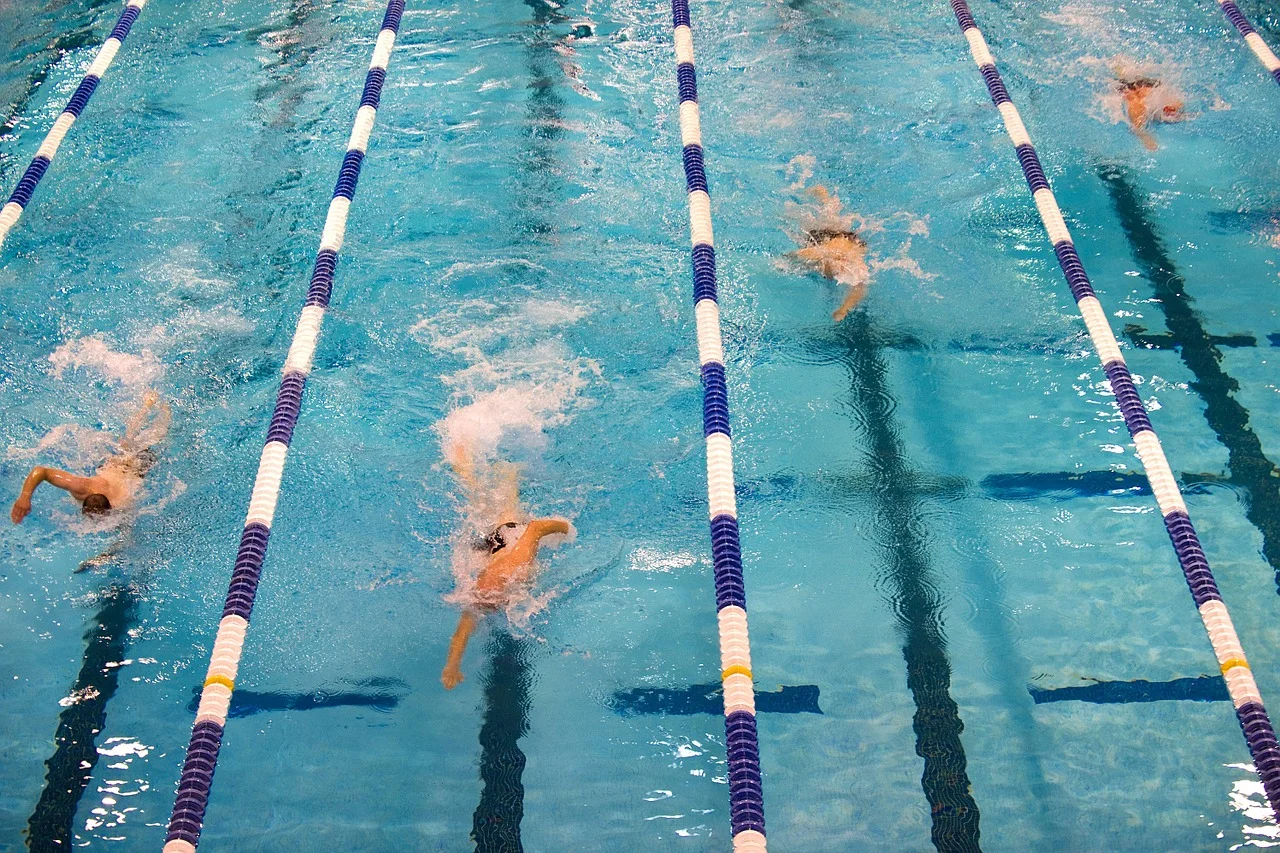From Value, to Values, to Actions, to Equality?
By Shawn H.E. Harmon
It is claimed that sport is an important and universal element of culture, providing people with opportunities for social interaction through which they can develop the knowledge and skills necessary for full and moral participation in society. Indeed, the International Charter of Physical Education and Sport (1978) has recognized access to physical education and sport as a fundamental human right linked to the full development of personality, and the full development of physical, intellectual, and moral powers. So conceived, sport has been characterized as a form of positive social capital. However, sport frequently fails to deliver on its promise; in fact, it has a long and lamentable history of inhumane treatment of athletes, particularly women and those with non-typical, non-heteronormative physiologies and genders.
So how might we better value people, and value difference and diversity in sport, making sport a safer and more open space to celebrate excellence in different embodiments? This question motivated the ‘Inclusiveness in Sport Roundtable’, a facilitated multi-disciplinary discussion around sport and equality held in Halifax, Nova Scotia, on 12 October 2018. Hosted by the Dalhousie Health Law Institute and co-facilitated by myself and Kate Scallion – who offers a further blogpost on sport and equality in Health Law Matters – it involved academics, representatives of sport organizations, representatives of varsity sport, representatives of community sport clubs, and athletes. The discussions held contributed to the Statement of Values and Actions on Gender Inclusivity appended to this blog.
It is envisioned that the Statement could serve as a model for adoption by sports organizations. Before moving to the Statement, however, it is useful to pose a few medico-legal questions that are pertinent to the governance of sport:
1. While the experience of bigotry, sexism and inequality is certainly a matter for the law, how much can and should the law be involved in the governance, structure, and performance of sport? In Sagen and Others v Vancouver Organizing Committee for the 2010 Olympic and Paralympic Winter Games (VANOC), the BC Supreme Court seemed to suggest that there are circumstances where it could be involved (and where the Charter would be expected to protect people’s access to sport and shape people’s involvement in sport), but those circumstances were understood in very narrow terms, and they were shaped in that case by the international nature of sporting events and governance structures. Should the law be doing more? If so, how might the law best be applied to make sport a more equitable and healthy social space?
2. How involved in sport (and eligibility) do we want our medical institutions, and what should we do from a regulatory perspective about medical professionals who take part in discriminatory sporting practices? Victory in competitive sport often turns on the slimmest of margins, which has encouraged unethical advantage-gaining practices and interventions (including medicalized interventions) that rightly provoke regulatory scrutiny (which includes medical/scientific assessment). However, the IOC and IAAF have gone on to impose quasi-medical eligibility criteria that are widely adjudged to be improper, and potentially harmful. And cases like Dutee Chand v AFI and IAAF seem to have little persuasive power to change the fundamental position of these governing bodies. What (new) roles or powers might we wish to give bodies like the Court of Arbitration for Sport to realize improved inclusion and better protection of women?
Tied to the above legal and medico-legal questions are more foundational questions about sport which are worthy of considerable dialogue. For example, absent law, what might we do to convince sport organizations and individuals that sport is a vehicle for delivering individual health and wellness, and for developing social ties and healthy communities? In other words, how do we make clear that there is much to sport beyond the ice, or field, or track, or pool, and beyond the trophies, and records, and contracts, and get actors at all levels to embrace those other roles/aspects? Given the tenacity and resilience of inequality, and the resistance of international sporting bodies like the IOC and IAAF to change, what can be done at the local level to realize change, and then, importantly, to push it ‘up’ to the elite level?
The ‘Inclusiveness in Sport Roundtable’ began a conversation around some of these questions, but it was only a beginning. The participants all agreed that sport must first be about pushing oneself and having fun. However, consensus on this point does not necessarily exist out in our communities. How do we convince all relevant actors that there is room in sport for all people, and that it should be fun for all participants? One small step approved was to develop the appended Statement, which not only addresses the values underlying sport, but also some of the mechanisms that can be used to better achieve inclusivity. Further steps are needed.
Learn more about Equity in Sport: Statement of Values and Actions on Gender Inclusivity




